Walking on thin ice: US envoy vows to continue pressure on Iran, shun JCPOA revival talks
The US special envoy for Iran has ruled out push for stalled talks to revive the 2015 nuclear deal, saying Washington would continue its policy of pressure and sanctions against Tehran, amid pressure from anti-Iran groups and figures who have called on the US government to banish diplomacy and pursue a confrontational approach toward the Islamic Republic.
Speaking to reporters in Paris, Robert Malley insisted on blaming Iran for the failure of the talks to revive the nuclear deal, formally known as the Joint Comprehensive Plan of Action (JCPOA).
“If these negotiations are not happening, it’s because of Iran’s position and everything that has happened since (September),” the US envoy claimed.
He added that the United States’ focus has shifted away from reviving the JCPOA over claims that Iran is allegedly cracking down on protesters and selling drones to Russia to be used in the war in Ukraine, both of which Tehran has vehemently rejected.
“Our focus is not an accord that isn’t moving forward, but what is happening in Iran.”
Last month, Malley was attacked by anti-Iran figures and trolls after he tweeted that Iranian protesters wanted their government to “respect their dignity and human rights.” They claimed that contrary to his remarks, Iranian protesters wanted to overthrow the Islamic Republic.
The US special envoy soon took back his comments, saying his tweet “was poorly worded,” after US-based anti-Iran propagandist Masih Alinejad launched a campaign to gather signatures calling for Malley’s removal from office for what she called misrepresenting Iran’s protests and seeking a nuclear deal with Iran.
In his Monday remarks, however, Malley reiterated Washington’s contradictory stance vis-à-vis Iran and said his country would leave the door open to resume diplomacy “when and if” the time came, but for now it would continue a policy of sanctions and pressure in dealing with Tehran.
The current crisis over Iran’s nuclear program was created in May 2018, when former US president Donald Trump pulled Washington out of the 2015 nuclear deal and imposed tough economic sanctions against the Islamic Republic under what he called the “maximum pressure” policy.
The talks to salvage the agreement kicked off in the Austrian capital of Vienna in April last year, months after Joe Biden succeeded Trump, with the intention of examining Washington’s seriousness in rejoining the deal and removing anti-Iran sanctions.
The JCPOA revival talks have been at a stalemate since September, as Washington continued to insist on its position of not removing all the sanctions that were slapped on the Islamic Republic under the maximum pressure policy.
Malley declined to give a timeframe on how long Washington would accept the status quo, but said if diplomacy failed the United States was ready to use other tools.
“If Iran takes the initiative to cross new thresholds in its nuclear program, then obviously the response will be different and coordinated with our European allies,” he said, without elaborating.
“There is no magic in which we will find a new formula.”
Malley made the remarks just hours after the European Union and Britain imposed sanctions on a number of Iranian institutions and individuals over alleged “rights violations” following the recent foreign-backed riots in the country.
The United States and Canada had previously targeted Iran with sanctions after accusing Iran of violating human rights and selling drones to Moscow for use in the Ukraine war.
In the first round of sanctions in October, the EU imposed travel bans and asset freezes on 15 Iranian individuals and institutions linked to Mahsa Amini’s death and the clamp-down on protests.
Iran also announced tit-for-tat sanctions against institutions and individuals in the European Union last month due to their deliberate actions in support of terrorism and terrorist groups.
Riots broke out in Iran in mid-September after the death of 22-year-old Mahsa Amini, who fainted at a police station in Tehran and was pronounced dead three days later in hospital. An official report by Iran’s Legal Medicine Organization concluded that Amini’s death was caused by illness rather than alleged blows to the head or other vital body organs.
Rioters went on a rampage, brutally attacking security officers and causing massive damage to public property as Western powers, especially the United States, provided them with support.
Earlier in the month, Iran’s Intelligence Ministry said the United States and the United Kingdom were “directly” involved in the unrest, adding that dozens of terrorists affiliated with the Israeli regime and anti-revolution groups have also been detained in the unrest.
Malley’s remarks also came as a delegation from the International Atomic Energy Agency (IAEA) is set to visit Tehran to continue talks aimed at finding a solution to the remaining technical issues related to Tehran’s peaceful nuclear program.
Iran has vowed to continue its “constructive” efforts with the aim of resolving the remaining issues and announced that both Tehran and the UN nuclear agency “agreed to take the next steps.”
VIDEO | Canadians preparing to hold more rallies in solidarity with Venezuela
VIDEO | Iranian national Mahdieh Esfandiari goes on trial for supporting Palestine
VIDEO | Italian farmers launch protest campaign against EU-Mercosur free trade deal
VIDEO | Trump’s Gaza ‘Board of Peace’ invitation sparks criticism in Pakistan
VIDEO | Iran, Iraq vow to deepen ties, hail US exit
Araghchi slams World Economic Forum for canceling his invitation
Iran condemns Argentina’s unfounded accusations against IRGC
VIDEO | Fighting British state


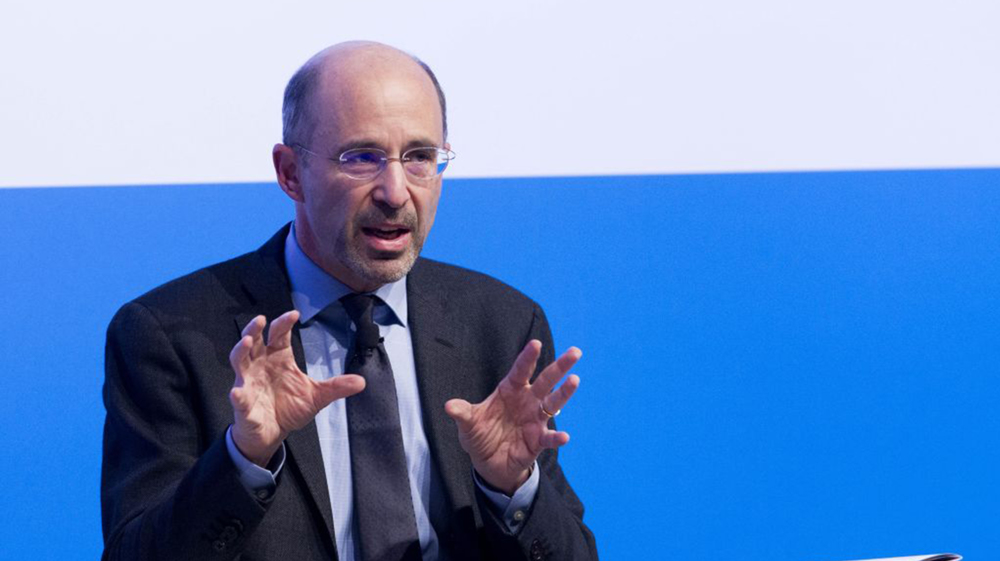
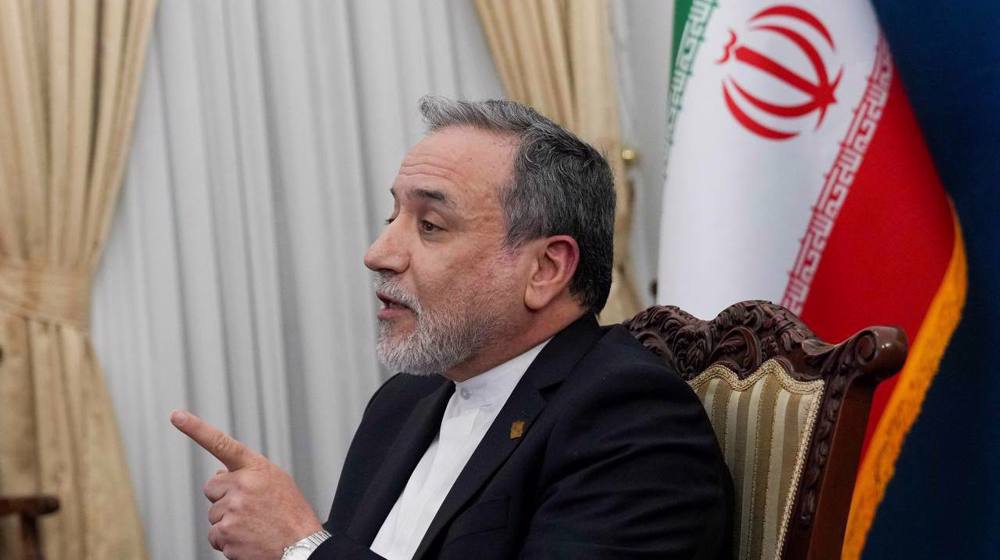
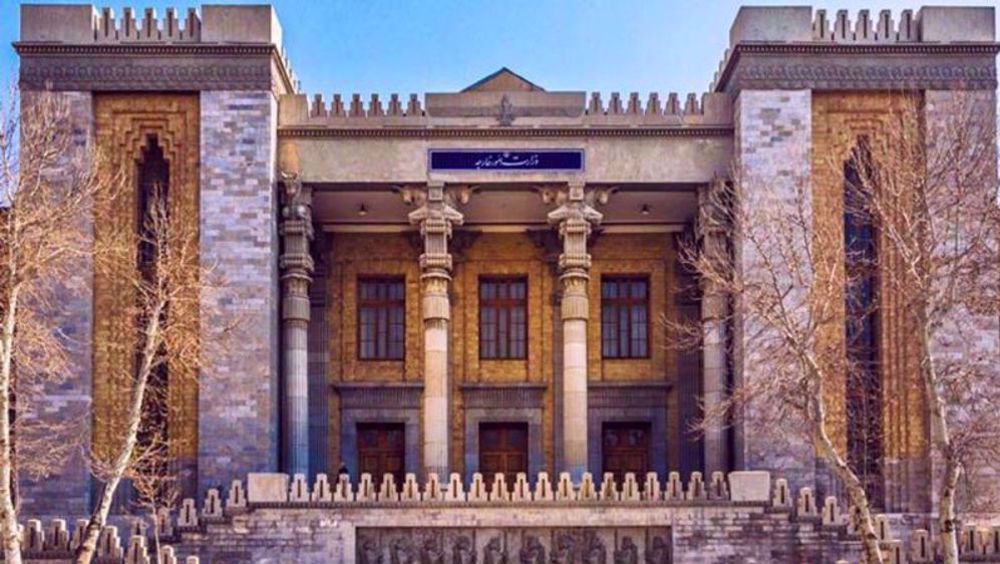
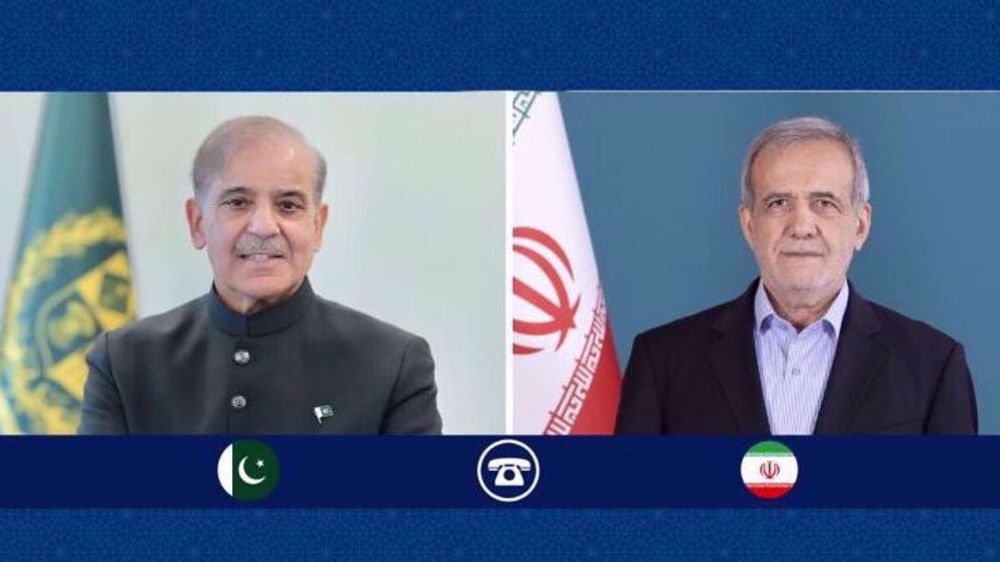



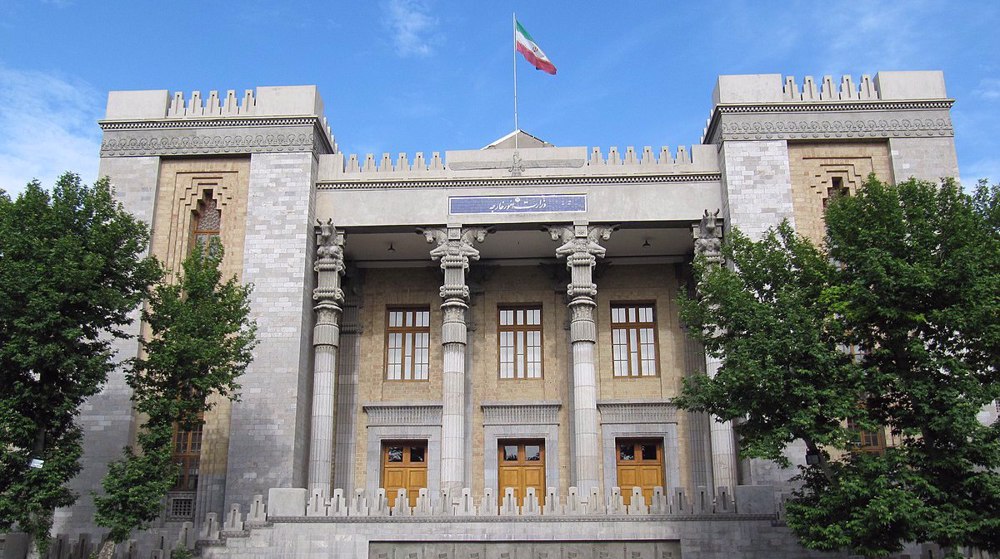
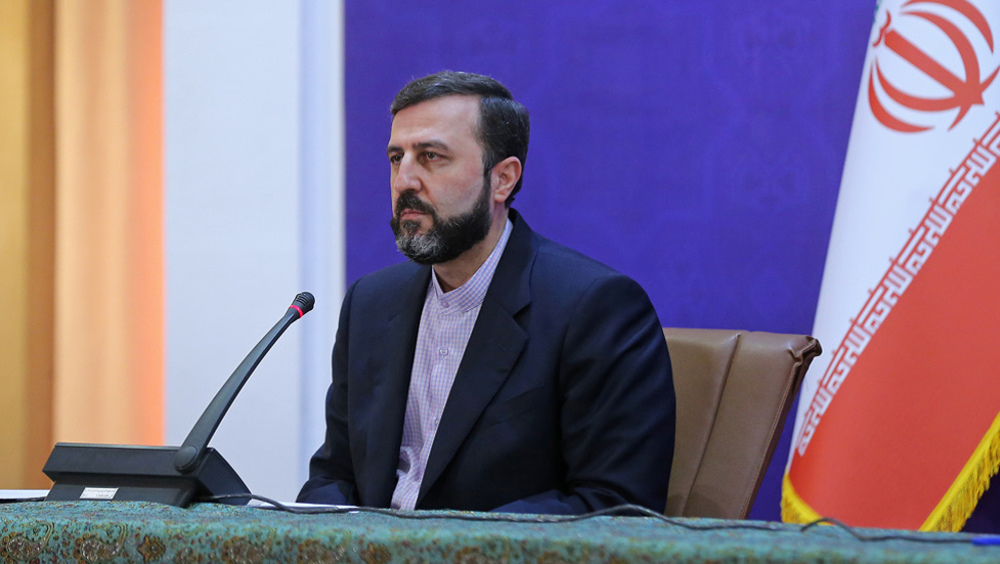
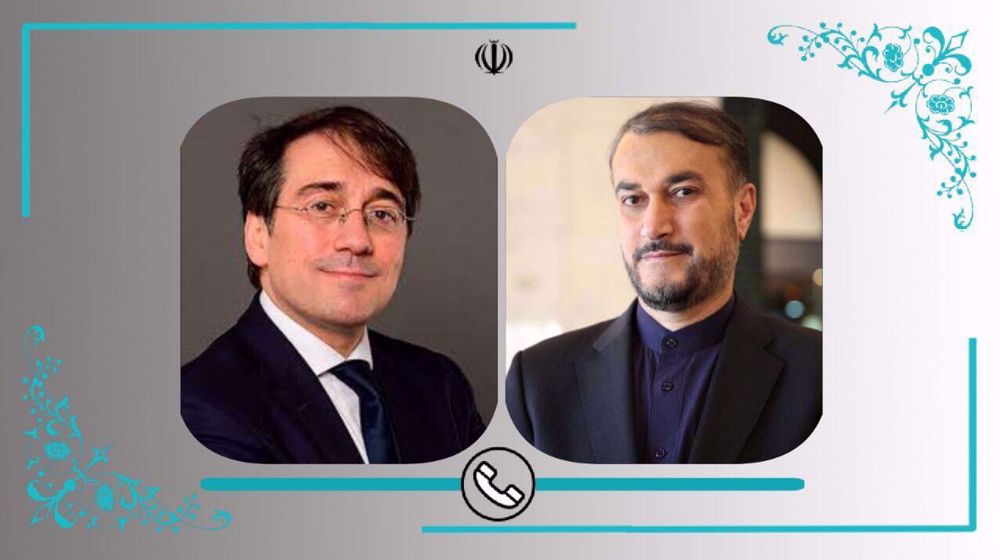
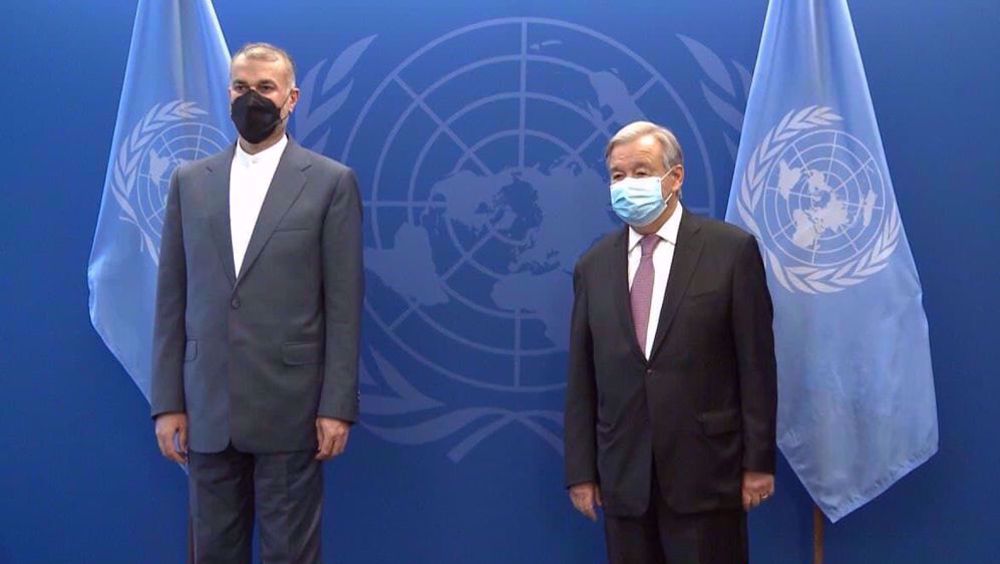

 This makes it easy to access the Press TV website
This makes it easy to access the Press TV website